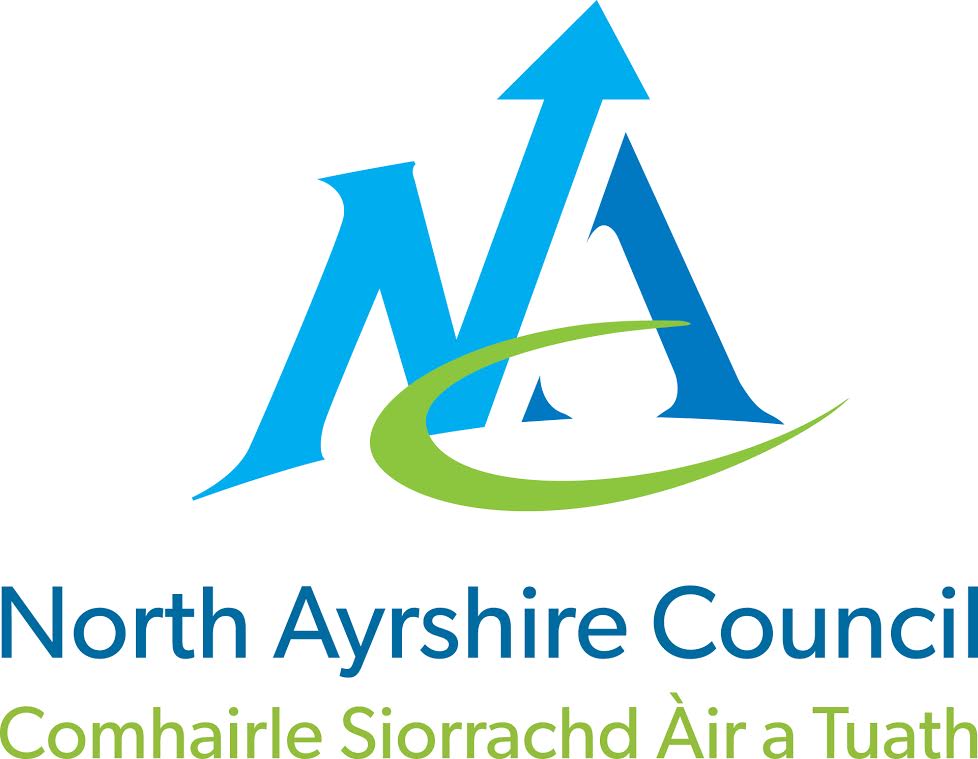North Ayrshire Council 2022/23 budget aims to help families cope with cost of living

Providing vital help to vulnerable residents during the current cost-of-living crisis is at the heart of North Ayrshire Council’s Budget for 2022/23.
With energy bills on the rise and expected to increase further in the months ahead, the council’s Budget has focused on measures to help mitigate the spiralling costs.
Although the scheme is in the early stages of development, the council has approved as part of its Budget to invest over £1.7 million to work with a specialist partner to provide vital support to help residents access vital grants and receive money-saving energy advice.
It is hoped that this energy-based support scheme will help ease the squeeze on household incomes and will offer residents access to energy-saving measures such as boiler replacement and insulation to reduce bills.
North Ayrshire council leader Joe Cullinane, said: “The focus for us when setting this Budget is to help our residents. Having supported people through two years of the pandemic, we all now face a serious cost-of-living crisis as energy bills soar.
“In choosing to target our support for families, we have recognised that energy prices, which are rising by an average of 54%, are fuelling the cost-of-living crisis. We believe that targeting the £1.725m of council funding, which is almost the equivalent of a three per cent Council Tax increase, to reduce the energy bills of those families most in need provides more short, medium and long-term benefits than freezing the Council Tax.
“We will accelerate this project at pace to ensure people feel the benefits as soon as possible. However, this is not a one-off scheme – we hope that the initiative will help ease financial pressures on our residents for years to come.”
Elected Members approved the £365.3m Revenue Budget for 2022/23 which – in addition to supporting residents through this difficult time – aims to preserve vital services and protect jobs. Indeed, the Budget will create almost 100 full-time equivalent posts – largely in the Health and Social Care and Education sectors.
For the second year in a row, it was agreed to freeze council fees and charges. A significant focus of the Budget is to reinforce the Council’s commitment to net-zero carbon emissions.
Additional resources will be invested in the council’s Investment Fund to support projects such as:
- An i3 solar and wind technology business case development to maximise the renewable energy potential at this strategic site.
- Expansion of EV Charging infrastructure across new locations and aligned to the council’s EV charging strategy 2021-25
- Deliver a battery storage pilot to test current available technology and to learn key lessons to benefit future renewable developments
- It was agreed that Council Tax will rise by 3% from April 1, 2022.
Even with a rise of 3%, the majority of households in North Ayrshire will actually be paying less Council Tax this year. With the Scottish Government rebate, approximately 55,000 households in North Ayrshire will see bills reduce by between £110 and £123 in 2022/23 even with a three per cent increase.
Councillor Cullinane said: “Our residents are at the forefront of our minds when setting the Budget, and while no one wants to see the Council Tax rise, the impact of not increasing it would have serious financial repercussions in the years ahead, leaving our residents facing the prospect of a 6.75% rise next year and putting jobs and services at risk.”
For 2022/23, the council received a £2.72m increase in core grant funding from the Scottish Government when compared to last year, worth about 0.9%, however the increasing demand for services and rising costs, means that cuts were still required to bridge the funding gap of £4.5m. The bulk of these were approved in previous budgets and are aimed at having minimal impact on frontline services.
Over the past 12 years, North Ayrshire Council has had to cut more than £118m from its Budget and the money raised from Council Tax is key to the Council delivering a balanced budget and maintaining frontline services.
Currently, it is anticipated that the council will continue to face financial challenges in the coming years with indicative funding gaps of £10.729m and £8.785m for 2023/24 and 2024/25 respectively.







